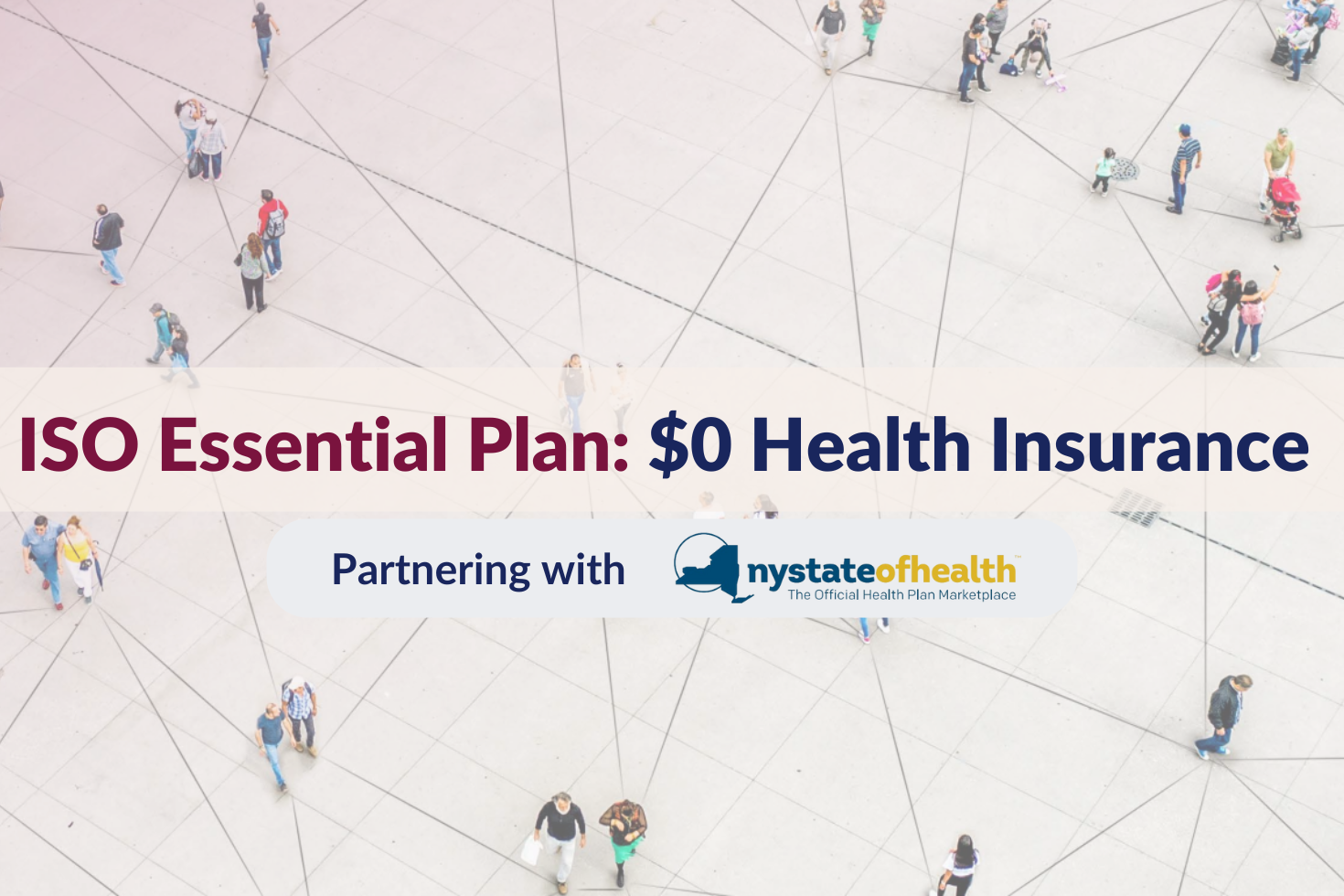
Insurance Terminology That All International Students Should Know

ISO Customer Care | Mar 16, 2023 Insurance
Insurance policies can be filled with words and phrases that are not commonly used in everyday conversation. As an international student, the U.S. medical system can be entirely different from your home country’s. Here are some of the most common insurance terms that you need to know. If you need further explanation, call us at (212)-262-8922.
Refers to the maximum amount insurance will pay towards your medical bills that are eligible for coverage. After this limit is reached, you will be responsible for 100% of the remainder of your bills in the specified timeframe.
The percentage (%) of your bill that the insurance will cover (after you pay the deductible). Please refer to page 3 of your plan brochure for more information.
The fee you pay for certain medical services. For example, you may pay $30 to fill a prescription and the health plan covers the balance of the charges.
The highest amount the insurance company will pay you for a claim that your plan covers. For example, if your limit is $1,500 and the cost of your claim is $1,700 - you will have to pay the remaining $200.
The dollar amount of covered expenses you are responsible to pay the physician or hospital before the policy will pay any benefits. Deductible per event means you are responsible to pay the deductible once for each sickness or accident. If you return to the physician or hospital for the same sickness or accident, you do not have to pay the deductible again.
The person's immediate family members: spouse (wife or husband) and children.
The date specified on your certificate of insurance as the beginning of coverage.
A department of a hospital that is designed to provide immediate care for life threatening injuries/illnesses.
Care in a hospital that requires admission as an inpatient and usually requires an overnight stay.
Any harm to your body, usually as a result of an accident.
A medical provider/facility that works with your plan's specified PPO networks. You can reference the network(s) your plan works with on your insurance ID card.
Transferring the insured person to the nearest hospital or medical facility in case of an emergency injury or sickness or back to their home country.
A medical provider/facility that is not specified to be in network with your plan's designated network(s).
The maximum you will be required to pay during a policy period for covered treatments or services according to the benefit limits of your plan.
A medical treatment received without being admitted to a hospital.
The person entitled to the insurance benefits, in most cases this is you, the insured person.
A pre-existing condition is any injury or illness that existed prior to the date your insurance enters into effect. A pre-existing condition includes any injury or illness that you suffered from, received treatment for, and/or were prescribed medication for prior to the date your insurance started.
A network of doctors, clinics, hospitals and related medical service providers who are organized under the PPO to provide health care at a discounted or negotiated rate.
A specified amount of money that the insurer receives in exchange for its promise to provide health insurance to an individual.
A type of specified expense coverage that provides benefits for the purchase of drugs and medicines prescribed by a physician and not available over the counter.
Physician who specializes in diagnosing and treating a wide array of illnesses/injuries. Should serve as your first contact for any new non-emergency symptoms of an injury/sickness.
The amount normally charged by medical service provider for similar services and supplies. It should not exceed the amount ordinarily charged by most providers of comparable services in the area where the services are rendered.
Transporting the remains of an insured person back to their home country.
A physician who specializes in a particular branch of medicine or surgery. Examples include: cardiologists (heart), orthopedists (bones/muscle injuries), dermatologists (skin).
Facilities designed to provide immediate treatment for non-emergencies that would require same day treatment/diagnosis. Most are walk-in facilities with no appointment required.
Services aimed at preventing people from getting sick and detecting diseases and conditions before they become serious and more expensive to treat. These include physical check-ups, vaccinations and immunizations.
About ISO Student Health Insurance
Founded in 1958, ISO prides itself on being the leader in providing international students with affordable insurance plans. Administered by former and current international students, we are able to assist our member with multilingual customer service in Chinese, Hindi, Spanish, and more. ISO serves over 3,200 schools/colleges and more than 150,000 insured students every year.
For more information, please visit www.isoa.org and connect with us on Facebook, Instagram, WeChat, WhatsApp, and LinkedIn.







.png)
.png)
